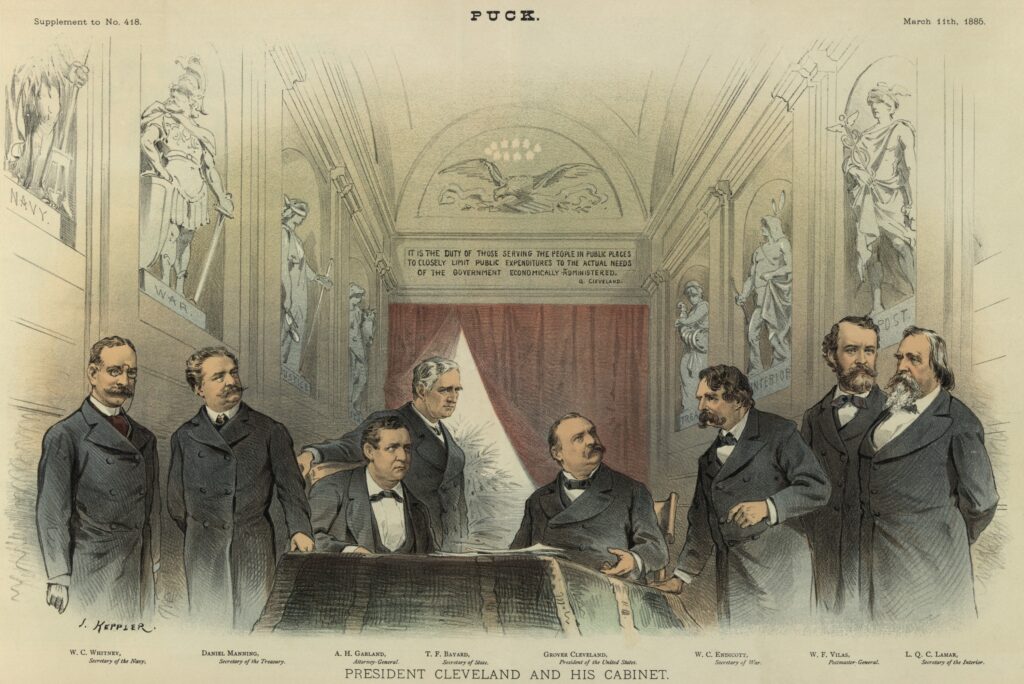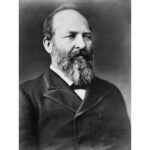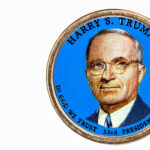Grover Cleveland was an American lawyer and politician who served as the 22nd and 24th President of the United States. He was born in Caldwell, New Jersey, on March 18, 1837, and raised in upstate New York. Cleveland was the fifth of nine children born to a Presbyterian minister and his wife.
Cleveland began his political career as a lawyer in Buffalo, New York, where he gained a reputation as an honest and fair-minded attorney. In 1881, he was elected Mayor of Buffalo, and his efforts to reform city government earned him national attention. Later he was elected Governor of New York, and he quickly gained a reputation as a reformer and a champion of the common people.
In 1884, Cleveland was nominated as the Democratic candidate for President of the United States, and he won a narrow victory over the Republican nominee, James G. Blaine. During his first term as President, Cleveland focused on civil service reform, reducing tariffs, and strengthening the economy. He also tackled corruption in the federal government, vetoing more than 400 bills passed by Congress, many of which were pork-barrel projects designed to benefit specific interest groups.
Cleveland’s legacy as President is mixed. He is widely regarded as an honest and principled politician who worked to advance the interests of the common people. However, his opposition to silver coinage and his handling of the Pullman Strike of 1894 are seen by some as examples of his failure to address the needs of working-class Americans. Despite these criticisms, Cleveland remains an important figure in American political history.
References:
https://www.whitehouse.gov/about-the-white-house/presidents/grover-cleveland/
https://www.loc.gov/rr/program/bib/elections/election1884.html
https://www.jstor.org/stable/24563170
https://billofrightsinstitute.org/activities/handout-a-grover-cleveland-and-the-texas-seed-bill-veto




